How To Get Your Daily Vitamin D
It has long been suggested that Vitamin D may prevent acute respiratory infections with a lot of published research available, especially in relation to influenza, so it's understandable why scientists now think it could help the fight against Covid-19. Whilst there is no solid 'proof' yet, there are a whole host of studies currently ongoing across the globe.
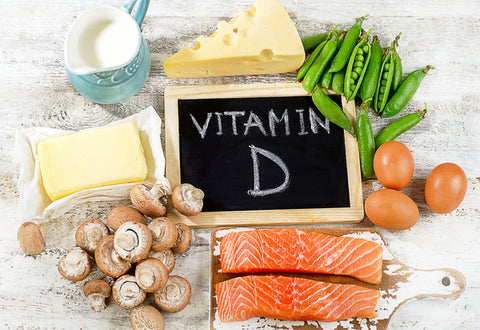
The easiest way to get your daily dose of vitamin D (often referred to as the 'sunshine vitamin') is to head outside into the sun, which we're seeing an unusually pleasant amount of here in the UK right now, but under the current lockdown regime this may be difficult. The restrictions only allow us to leave home once a day for exercise, so if you don't have a garden then thats your lot!
Public Health England recommends people consider taking daily vitamin D supplements as the coronavirus lockdown continues to counteract the lack of time outside. However, there is another way to get your daily dose - through your food.
The Journal of Human Nutrition and Dietetics found that increasing your intake of vitamin D in food – rather than through supplements – is the best way to get the benefits.
Here are just some of the foods you can eat to get this essential nutrient, which helps build strong bones, a healthy immune system, and more.
Fish
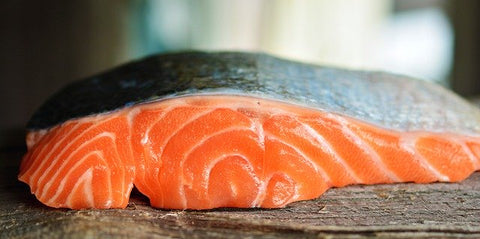
Fatty fish is a great source of vitamin D including salmon, trout, mackerel, tuna, and even eel.
A can of tuna contains about 150 IU of vitamin D whilst a 100g salmon fillet contains a whooping 500 IU!
Mushrooms
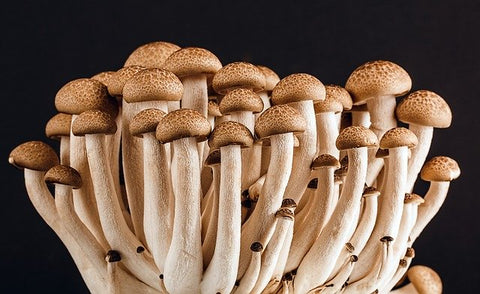
Just like humans, mushrooms have the capacity to produce vitamin D when exposed to light. Due to their exposure to sunlight, wild mushrooms usually have more vitamin D than commercially grown types, but you can also purchase mushrooms treated with UV light so always check the label. Mushrooms are a great plant based source of the nutrient for vegans and vegetarians.
Milk & Dairy
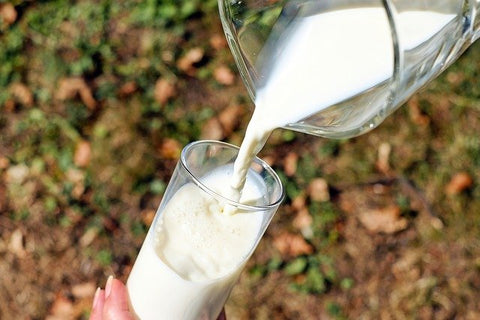
Fortified milk can contain over 100 IU per glass but not all milks are fortified, especially here in the UK, so ensure you read the label. The great news is that many plant based milks now also contain Vitamin D such as almond, rice and soy milks.
Depending what on the type, cheese can also naturally contain upwards of 30 IU of vitamin D per serving. Fontina, Muenster, and Monterey cheeses are some of the best choices for incorporating vitamin D into your diet.
Eggs - specifically the yolks!
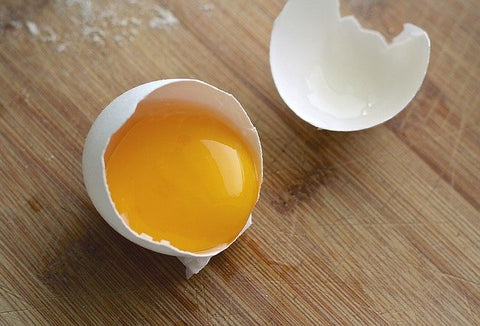
Eggs are a convenient way to get vitamin D that you can easily add to your daily routine.
Since the vitamin D in an egg comes from its yolk, it's important to use the whole egg—not just the whites. Research indicates that eggs from free range chickens (with access to sunlight) offer up to 4 times more than factory farmed ones which are usually raised indoors.
So good news, you can eat your way to higher levels of vitamin D!
